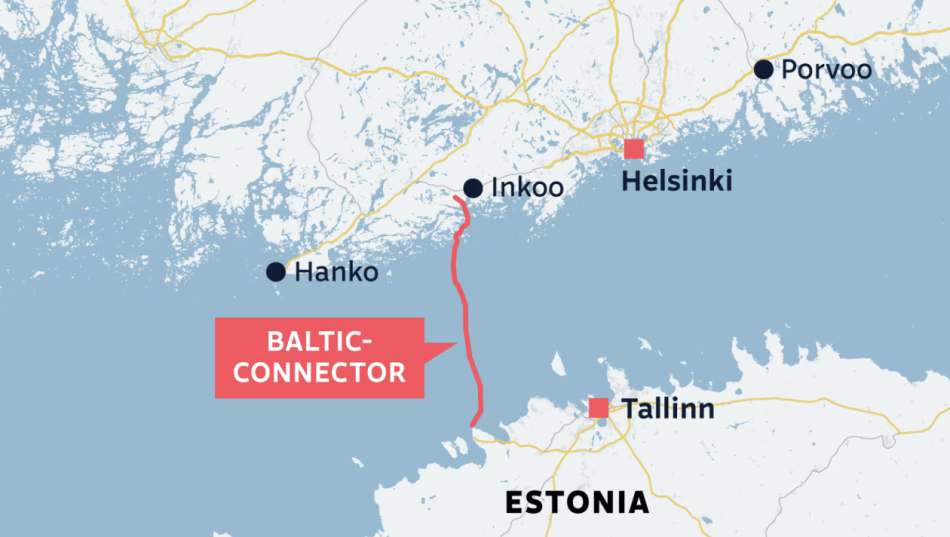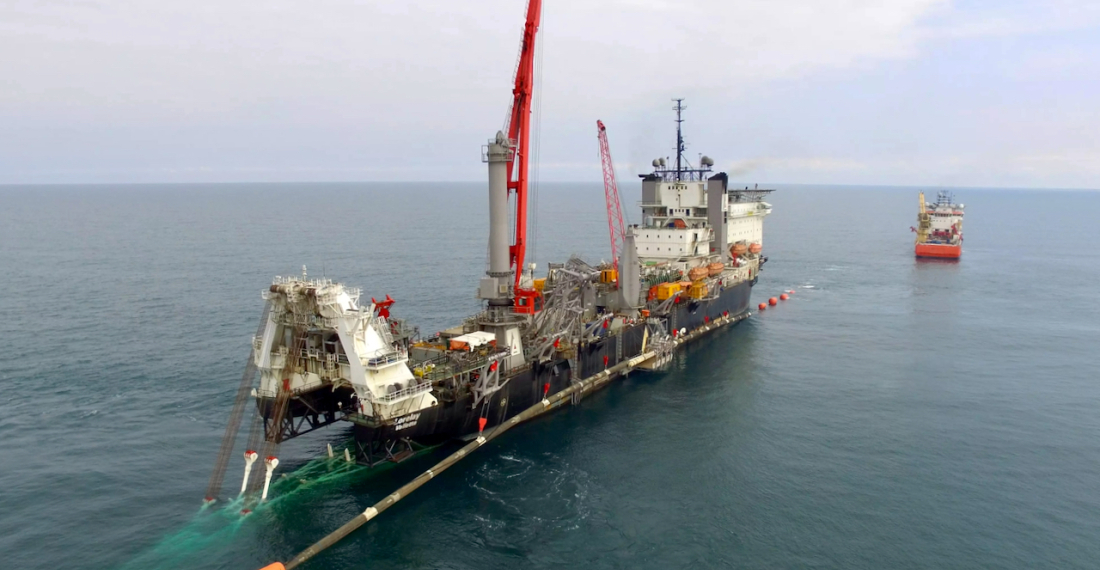On Tuesday (10 October), the Finnish government announced an alarming incident involving critical underwater infrastructure linking Finland and Estonia, which has been damaged under suspicious circumstances. This underwater infrastructure includes a gas pipeline and a telecommunications cable laid under the Baltic Sea. The incident has raised concerns, with sabotage being a plausible cause, and raises further questions about security in the strategic waters of the Baltic Sea, which are at the centre of geopolitical tensions.
In an immediate response to the damage, operations on the Balticconnector gas pipeline were halted early on Sunday (8 October) amid indications of a gas leak in the 77-kilometre (48-mile) pipeline. In a statement, Gasgrid Finland, the company that oversees the pipeline, said it expected the repair to take several months.

NATO, aware of the security implications, has extended its support. In a statement, Secretary General Jens Stoltenberg pledged to share relevant information on the incident with affected Allies, underlining the Alliance's cooperative security framework in the Baltic region.
The manifestation of a significant rupture was indicated by the sudden drop in pipeline pressure, a Baltic energy official told Reuters on condition of anonymity. However, the exact cause is still under investigation.
Commenting on the incident on Tuesday, Finnish President Sauli Niinistö highlighted the possibility of "outside activities", although the exact cause is still under investigation. The ongoing investigation is a joint effort by Finnish and Estonian authorities to identify the cause and extent of the damage.
“It is likely that the damage to both the gas pipeline and the communication cable is the result of external activity" Niinistö said on X (formerly Twitter), on Tuesday. “The cause of the damage is not yet clear; the investigation continues.”
The Finnish President said the authorities were 'in contact with our allies and partners' and that the country was 'prepared and our readiness is good', adding that the incident had 'no effect on our security of supply'.
To draw a parallel, this disruption is reminiscent of an incident in 2022, when the Nord Stream gas pipelines linking Russia and Germany across the Baltic Sea suffered explosions that were identified as deliberate sabotage.
The pipeline route, from Inkoo in Finland to Paldiski in Estonia, crosses the Gulf of Finland and extends into Russian territorial waters, culminating in the port of St Petersburg.
Maximiliaan van Lange, Senior Research Associate at commonspace.eu, says that the recurring episodes of potential sabotage highlight the vulnerability and strategic importance of the underwater infrastructure in the Baltic Sea region, requiring increased vigilance and cooperative security measures to protect these critical assets. The proximity to Russian waters adds a layer of complexity to the region's security paradigm.






